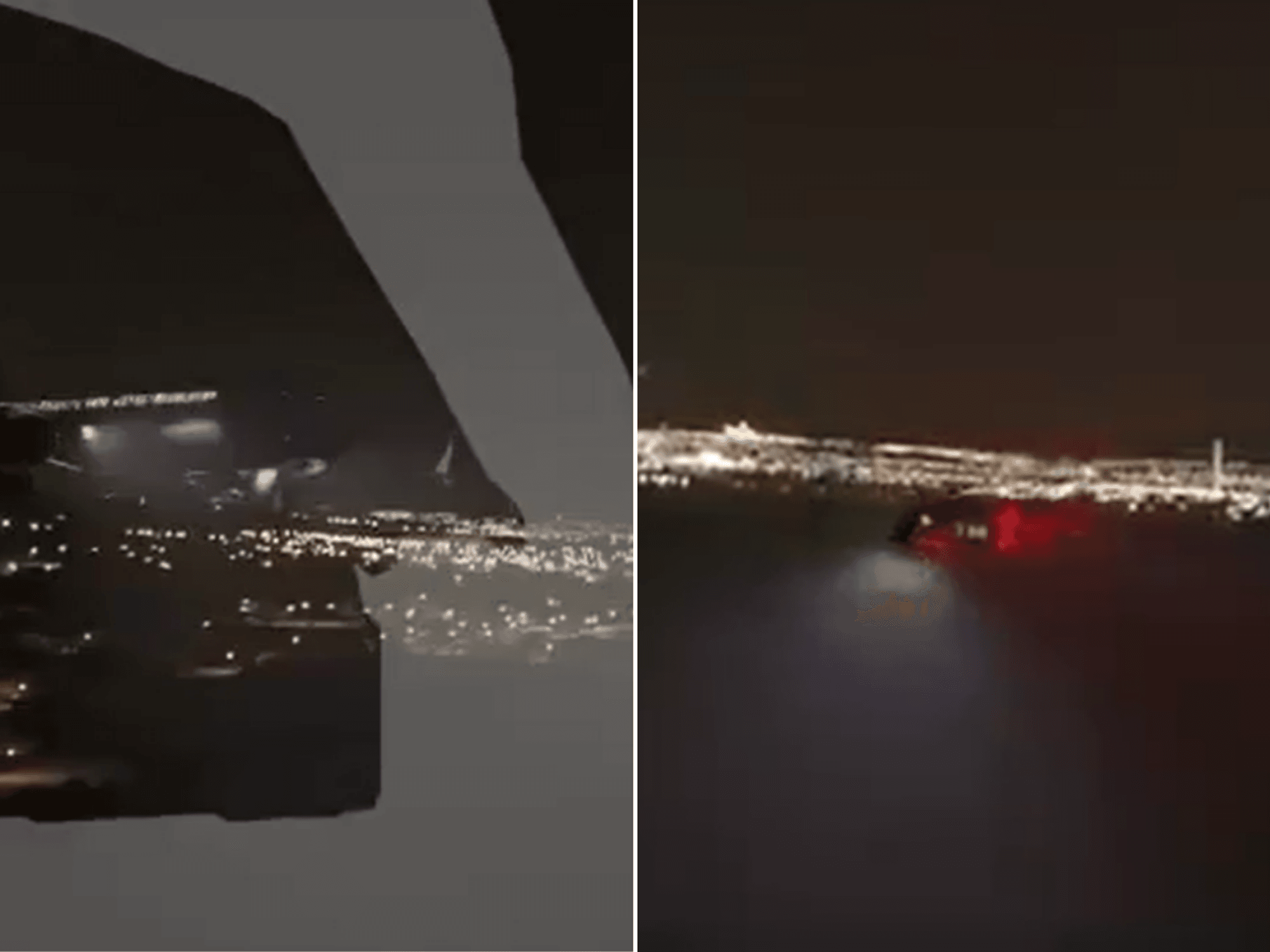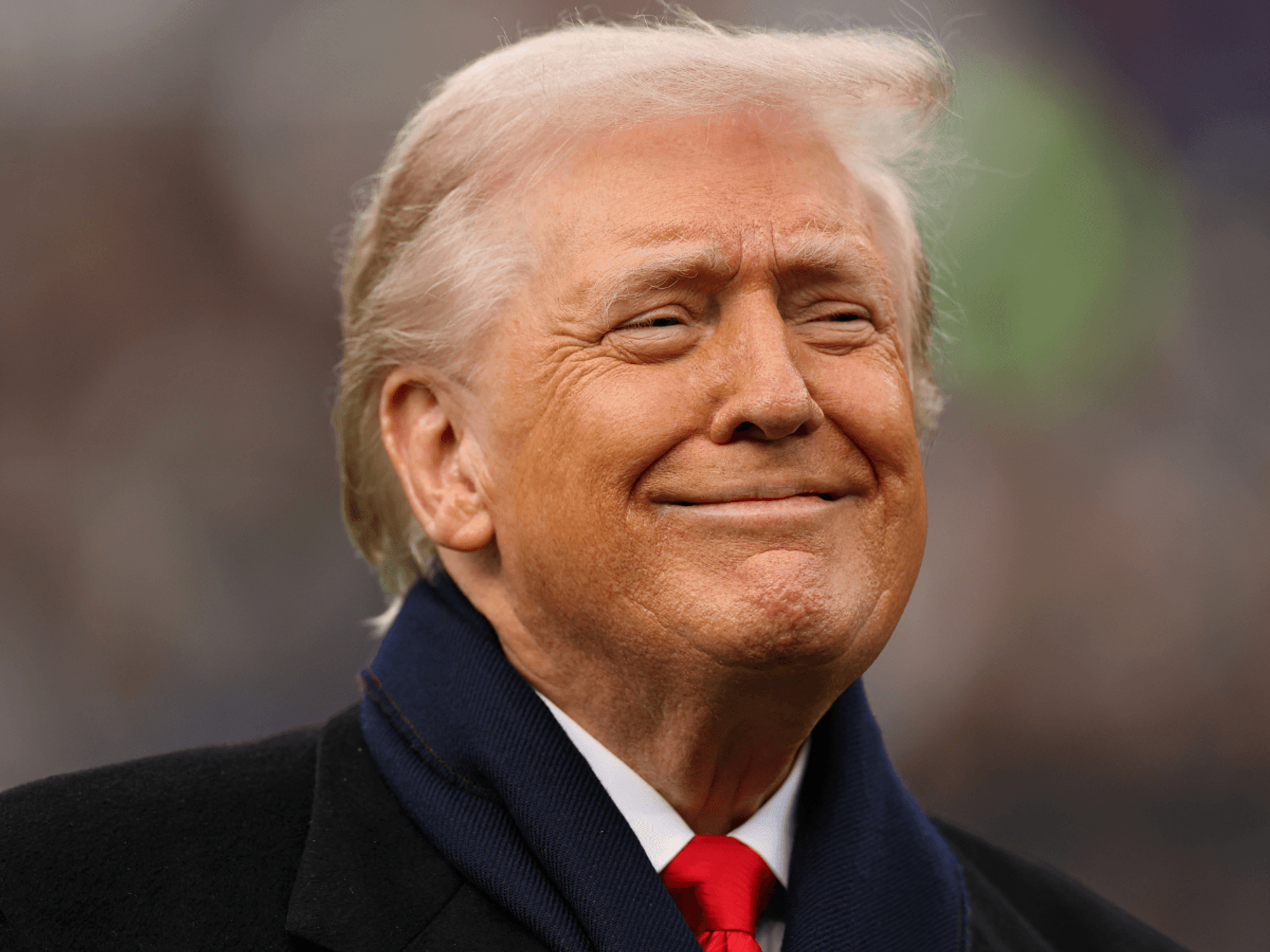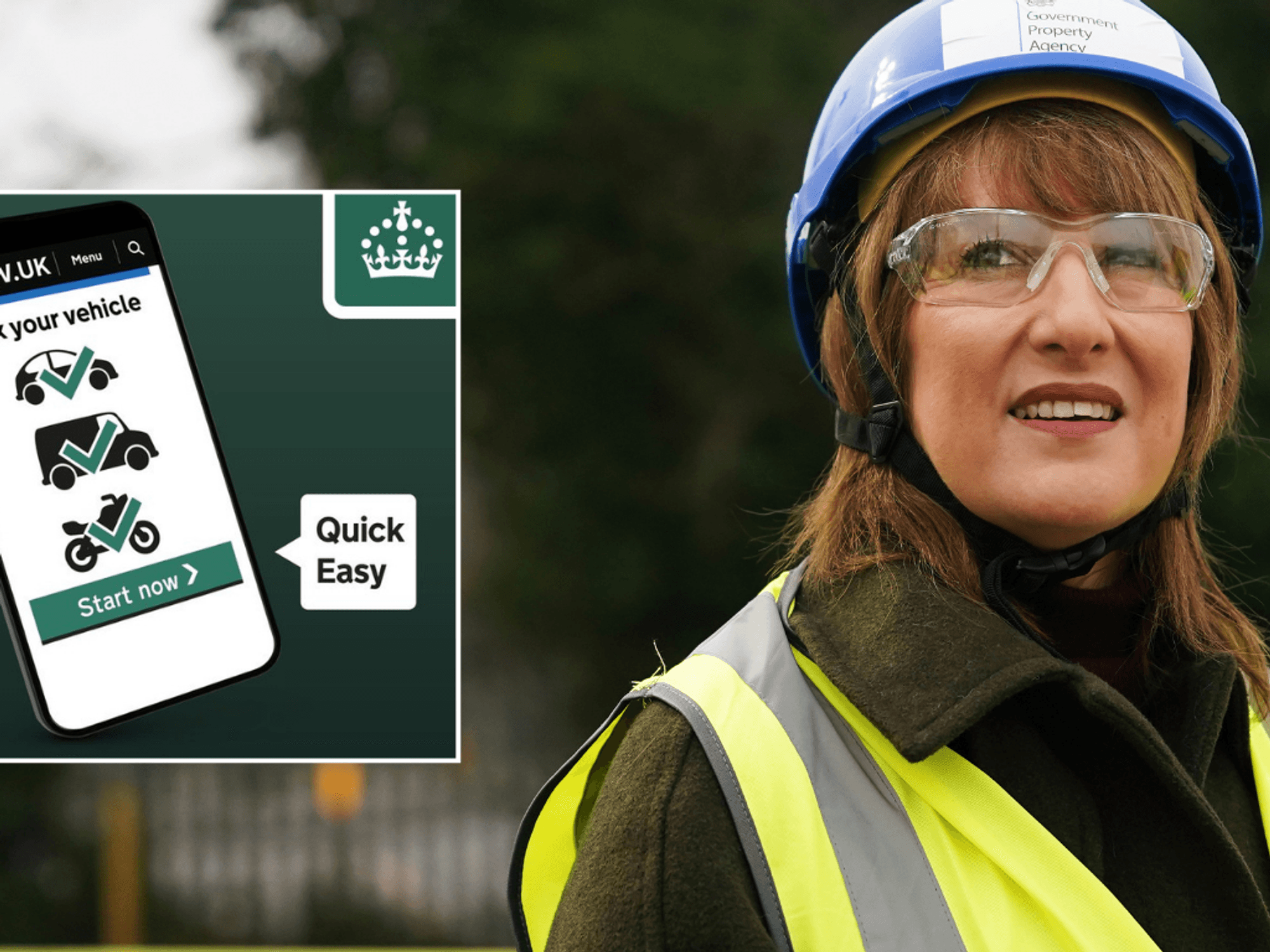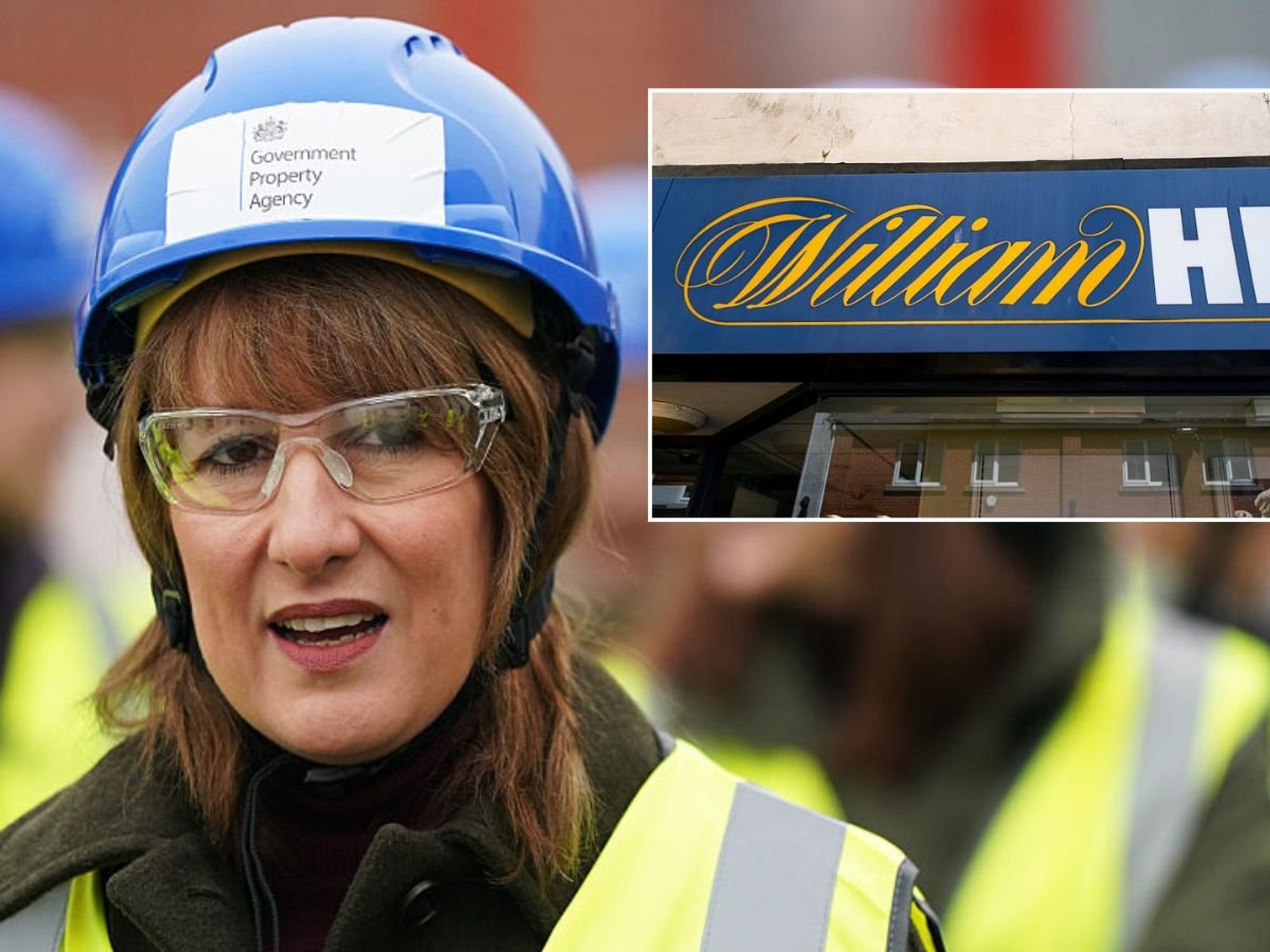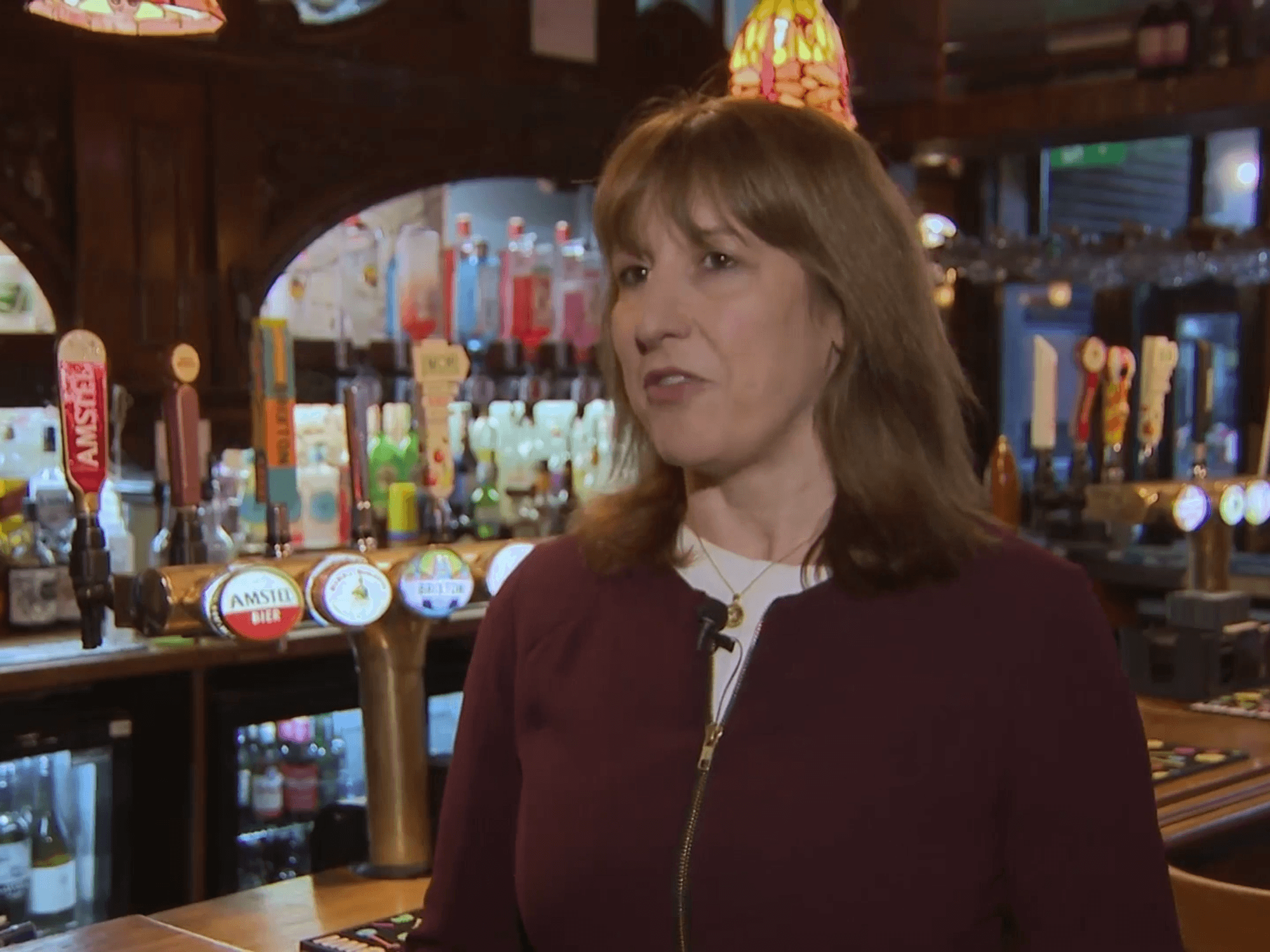UK risks electric car chaos as manufacturers scramble for crucial battery materials
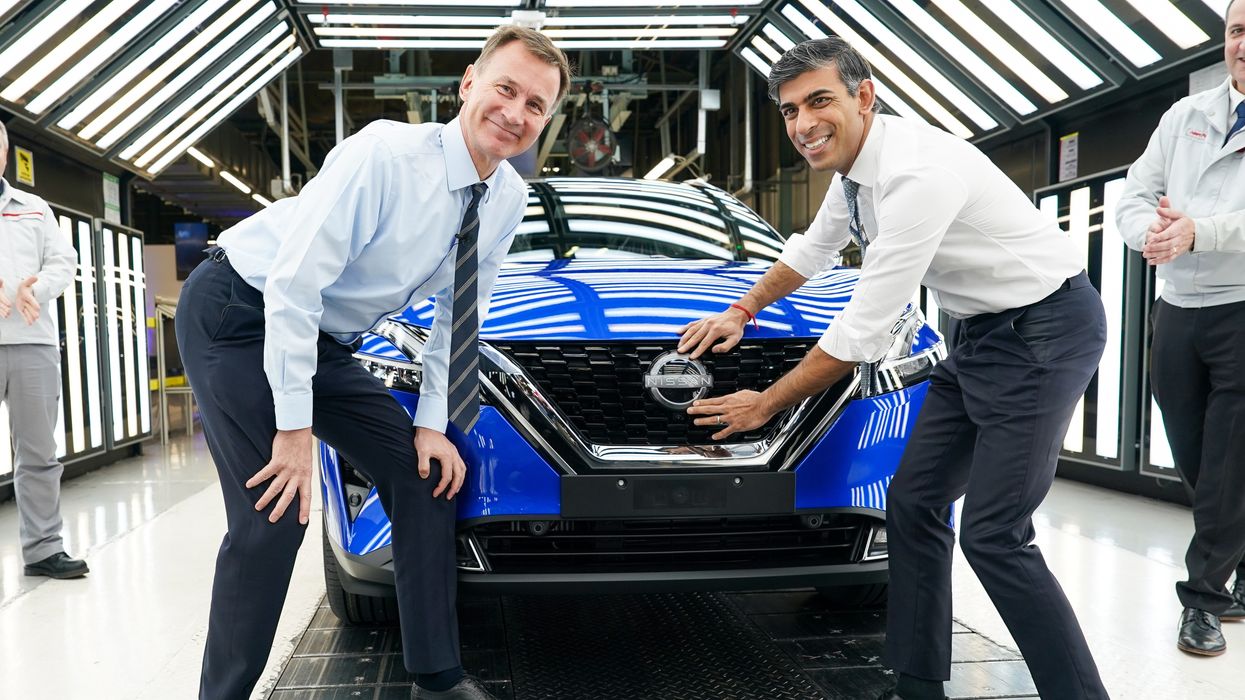
The UK is at risk of falling behind in its electric car plans
|PA

'Tesla and BYD are way ahead of most European players with operations in the UK'
Don't Miss
Most Read
UK and European car manufacturers have secured less than one-fifth of key battery metals needed to boost production of electric cars.
New data has found that car companies in the European market have just 16 per cent of the vital materials they will need until 2030.
Analysis from Transport & Environment (T&E) found that only Tesla and Chinese manufacturer BYD are doing enough to guarantee supplies of cobalt, lithium and nickel to meet their 2030 sales goals.
The majority of European manufacturers, with the exception of Volkswagen and Stellantis, are far behind.
WATCH NOW: Rishi Sunak on Nissan's £2billion EV investment
This is part of research into the battery supply chain based on raw materials secured, cell production and responsible practices.
Tesla leads the overall ranking with strengths in its raw material and battery cell production strategies, although it falls behind with its responsible practices.
Only six companies – Tesla, BYD, VW, Ford, Renault and Stellantis – have long-term contracts for the three key metals or have plans to end their dependence on one of the metals.
This comes a week after the Government published its long-awaited Battery Strategy, which aims to open new markets for supplies of raw materials.
Although Stellantis ranks well on the battery supply chain list, other manufacturers with UK production operations score less well.
This includes Jaguar Land Rover, Toyota and BMW, with T&E highlighting how the Government battery strategy is needed to boost supply chains in the UK.
Richard Hebditch, UK director at Transport & Environment, commented on the results, saying the UK Government needs to do more to address battery issues.
He said: “Tesla and BYD are way ahead of most European players with operations in the UK.
“Car makers and their investors - as well as Government - all need a clear focus on engaging further upstream in their supply chains.”
In terms of major manufacturers who are lacking in their ranking on the battery supply chain index, Hyundai-Kia is placed at the bottom, having the lowest rating for raw materials.
The UK Battery Strategy states that the nation could become a “world leader” with further hopes to attract billions of pounds worth of further investment.
This follows Nissan’s announcement to boost production in the UK with £2billion of investment in its Sunderland electric vehicle factory.
Nusrat Ghani, Minister of State for Industry and Economic Security at the Department for Business and Trade, said: “The Government’s 2030 vision is for the UK to have a globally competitive battery supply chain that supports economic prosperity and the net zero transition.
“Batteries represent one of the highest growth clean energy sectors and the UK is well placed to reap the rewards thanks to its comparative advantage in research and advanced manufacturing.”
LATEST DEVELOPMENTS:
- Major car brand 'not giving up' on hydrogen to rival electric with huge announcement - 'We will not stop!'
- AI speed cameras could be rolled out across UK after Devon trial catches out 600 drivers in just two weeks
- Rishi Sunak urged to scrap 'anti-motorist' electric car laws which will 'leave the public poorer'
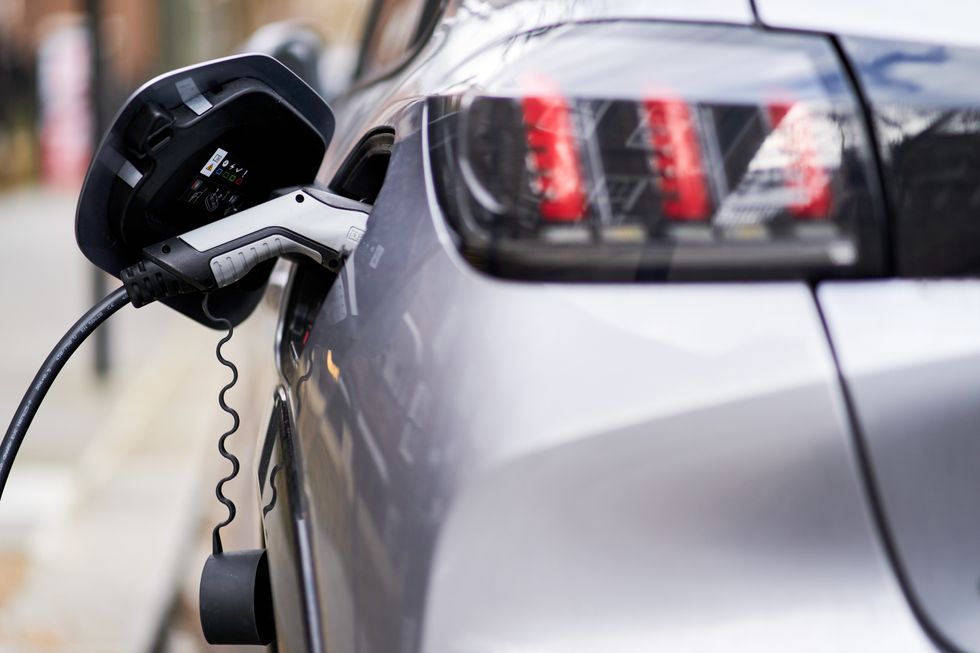
The Battery Strategy outlines how the UK will attract EV investment
|PA
Forecasts suggest that the UK battery industry could employ 100,000 people by 2040, with the majority likely to be located outside of London and the South East.





